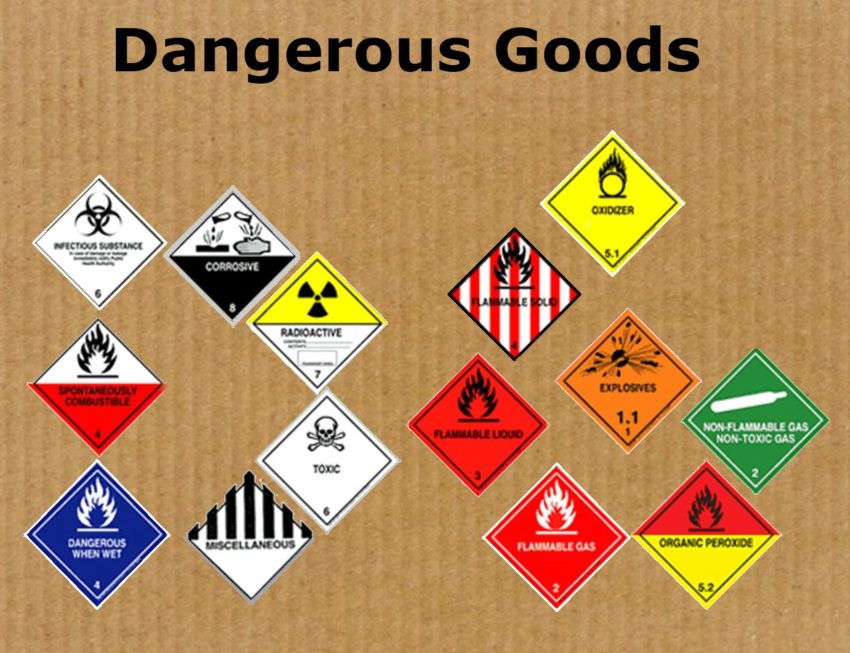Hazardous cargo training can greatly contribute to the success of a logistics company since there is no dearth of industries that require the transportation of dangerous goods on a regular basis. Once you obtain the dangerous goods certification you will be able to move inflammable liquids, petrochemicals, toxic or infectious substances, firearms, flammable solids, explosives and many other DG for a range of industries. There is an increasing demand for trained and skilled logistics personnel who can efficiently pack, load, and monitor the smooth movement of hazardous substances.
Areas in which DG certification is needed:
- Management of movement of DG
Transporting DG from one industry to another or across borders needs rigorous monitoring and approvals at numerous points. The task of monitoring involves inspection of packing, selecting the right mode of transport, inspecting the safety of the containers and equipment, etc.
- Inspection of DG
Handling hazardous cargo necessitates inspection at each level of transportation since the slightest leakage of inflammable or radioactive materials could pose serious health hazards. The demand for logistics professionals trained in the movement of DG is in high demand both in the private as well as governmental sector.
- Warehousing of hazardous materials
Many logistics companies dealing with dangerous goods have special warehouses meant for storing hazardous materials. The storage of DG is a complicated task that requires in-depth knowledge of all the pertinent regulations and a team of trained and certified workers.
DG Training Courses
DG training courses that can be availed in all major cities will cover all areas like general awareness of hazardous materials, the associated danger and safety concerns, specific training for handling and storage, and the responsibility of every person involved in the supply chain.
Benefits of DG certificates
Some of the most important benefits of dangerous goods certificates are as follows:
- Lower risk of safety hazards for your workers and the general public
- Reduced chances of penalties and downtime because of accidents or violation of rules
- Possibility of getting more business which translates to greater profit


